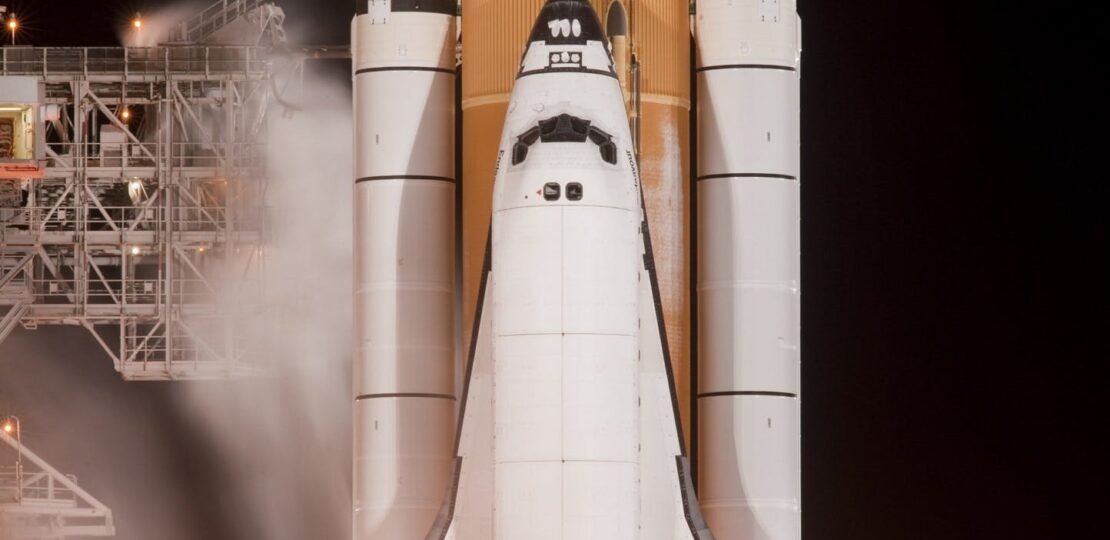Why doesn’t SpaceX use air launched rockets instead of ground-based systems?
December 12, 2023 | by amiradmin

Title: Exploring the Grounded Ambitions: Why SpaceX Opts for Ground-Based Rocket Systems Over Air-Launched Alternatives
Introduction:
SpaceX, the aerospace manufacturer and space transportation company founded by Elon Musk, has revolutionized the space industry with its innovative approach to rocket technology. While the company is known for pushing boundaries and exploring new frontiers, one might wonder why SpaceX predominantly utilizes ground-based rocket systems instead of embracing air-launched alternatives. In this article, we will delve into the considerations that lead SpaceX to favor ground-based systems and the unique challenges posed by air-launched rockets.
- Cost Efficiency:
One of the primary reasons SpaceX opts for ground-based rocket systems is cost efficiency. Launching rockets from the ground allows for a more straightforward and cost-effective approach. Air-launched systems often involve complex mid-air releases and additional engineering challenges, which can significantly escalate project costs. By choosing ground-based launches, SpaceX can streamline its operations, making space travel more economically viable.
- Payload Flexibility:
Ground-based rocket launches provide greater flexibility in terms of payload capacity and variety. The vertical takeoff and landing (VTOL) capabilities of SpaceX’s Falcon 9 and Falcon Heavy rockets enable the transport of a wide range of payloads, from satellites to crewed missions. This flexibility is crucial for accommodating diverse customer needs and adapting to the evolving demands of the commercial space industry.
- Safety and Reliability:
Safety is a paramount concern in space exploration, and ground-based rocket systems offer a level of stability and control that air-launched alternatives may struggle to match. Launching from the ground allows for more precise control over the rocket’s trajectory and minimizes the risk of accidents during takeoff. SpaceX places a high priority on reliability, and their success in multiple missions attests to the effectiveness of their chosen approach.
- Technical Challenges of Air-Launch:
Air-launched rocket systems come with their own set of technical challenges. Coordinating a mid-air release, ensuring the stability of the launch platform, and dealing with aerodynamic forces during the release are complex engineering problems. SpaceX’s commitment to rapid and frequent launches aligns more seamlessly with ground-based systems, where technical challenges are more manageable, allowing for a consistent and reliable launch schedule.
- Future Possibilities:
While SpaceX has primarily relied on ground-based systems, it’s worth noting that the company is constantly exploring new technologies and methodologies. The decision to use ground-based systems today doesn’t preclude the possibility of SpaceX venturing into air-launched rockets in the future. As technology advances and engineering challenges are addressed, the space industry may witness a shift in preferences.
Conclusion:
SpaceX’s strategic choice to utilize ground-based rocket systems over air-launched alternatives stems from a combination of cost efficiency, payload flexibility, safety considerations, and the technical challenges associated with mid-air releases. As the space industry continues to evolve, it will be fascinating to observe how SpaceX and other aerospace companies adapt to emerging technologies and whether air-launched rockets become a more prominent feature in our quest for the stars.
RELATED POSTS
View all



